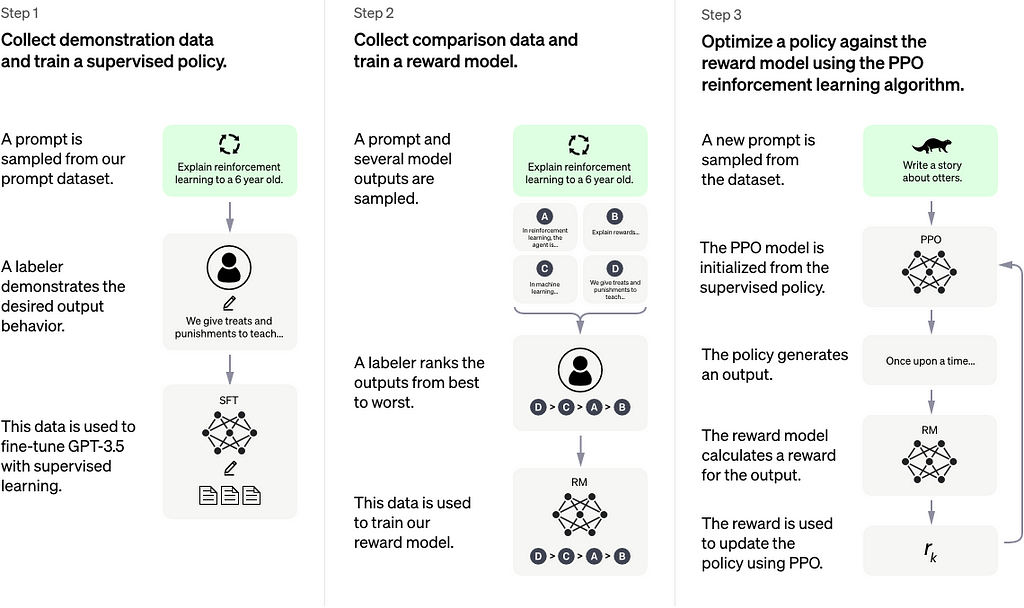End Of The Coding Interview: The ChatGPT Effect
Wed Dec 07 2022

Introduction
ChatGPT was announced on November 30th by OpenAI as their next groundbreaking AI product after DALL·E 2 broke the internet. Both of these releases sent the masses into a discussion of what the future era of Artificial Intelligence will bring. Usually, we would expect the novelty of new technology to reach innovators and early adopters, but OpenAI has managed to reach mainstream attention through novelty.
There are already commercial products powered by OpenAI and copycat ML models. It remains to be seen how the impact of this new technology will change the job market. Some argue that generative AI will not replace creative jobs yet, but those arguments are filled with dismissal and fear. Instead, it would be more accurate to say that AI is reforming what a creative job is. Replacing previous positions to make room for entirely new opportunities. Like always, when there is change, some people will be able to adapt, while others will be stuck in the past. Given that, let us look at where this AI catalyst has started.
First Impact
When the status quo is disrupted, it is often innovators in the tech industry that will adapt first. In 2021 developers got the first look at how GitHub CoPilot, a project in partnership with OpenAI, would be able to translate natural language into code, autocomplete like never before, and more to become the ultimate assistant. ChatGPT is proving to be potentially even more powerful as a developer assistant. StackOverflow has temporarily banned the use of ChatGPT due to the influx of coding answers that were correct but not generated by the human who posted the answer. ChatGPT is proving to be very good at creating mostly accurate code snippets that have a desired function or summarizing complex technical topics. Ironically those types of prompts and questions are generally what is used to evaluate the quality of engineers when hiring. Due to this, it will eventually become nearly impossible to remotely evaluate a programmer’s skills in the manner that previously was used. Standard algorithmic and technical testing will not suffice. It is important to note that these are the main technical skills taught to Computer Science students, who seem to continue falling further behind the curve.
Conclusion
All the previously safe jobs, such as programming and creatives, are no longer appearing to be safe. The barrier to entry is changing shape, and we will begin having to ask hard questions about the future. We are entering a world that is quickly redefining itself and could be unrecognizable before we know it. The direction we are heading does not seem to point toward some cataclysmic event but towards one where our role in society is drastically different.